Stitching History Together: How We Capture Oversized Items
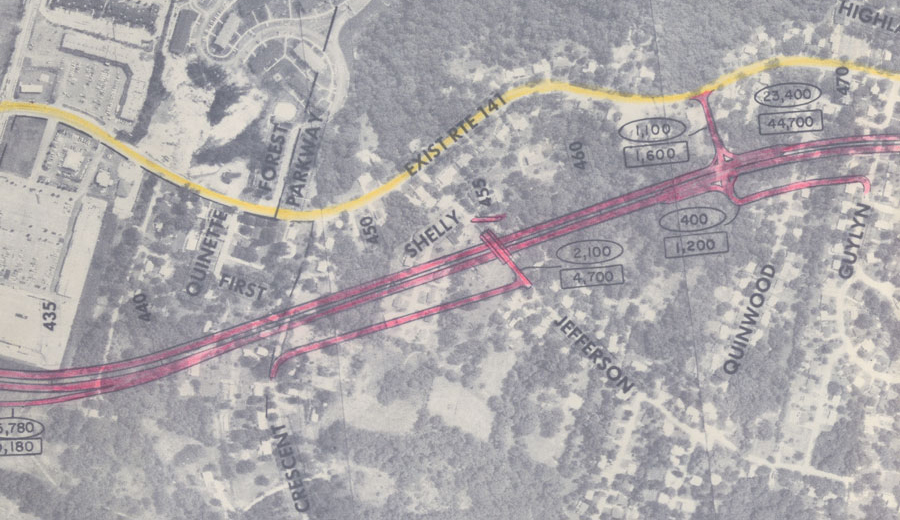
By Digital Archivist Shana Scott Digitizing oversized materials, such as maps, blueprints, or posters, can be a challenge. In very general terms, the larger the item, the farther away the camera must be to capture it all in one shot, and the farther the camera, the lower the resolution. That means it’s not always possible […]
Legacy As the Backbone of Your Family Business

By Archival Specialist Chris K. Morton At Anderson Archival, legacy is lived daily. As a family-owned business, our values are passed on not through policy, but through close collaboration with both founders and second-generation leadership. In family enterprises, legacy isn’t just sentimental, it’s a strategic asset. This isn’t unique to us. Across industries, legacy plays […]
Quotables: Anderson Archival Digitizes Maps for History and Genealogy (PastPorts – St. Louis County Library)
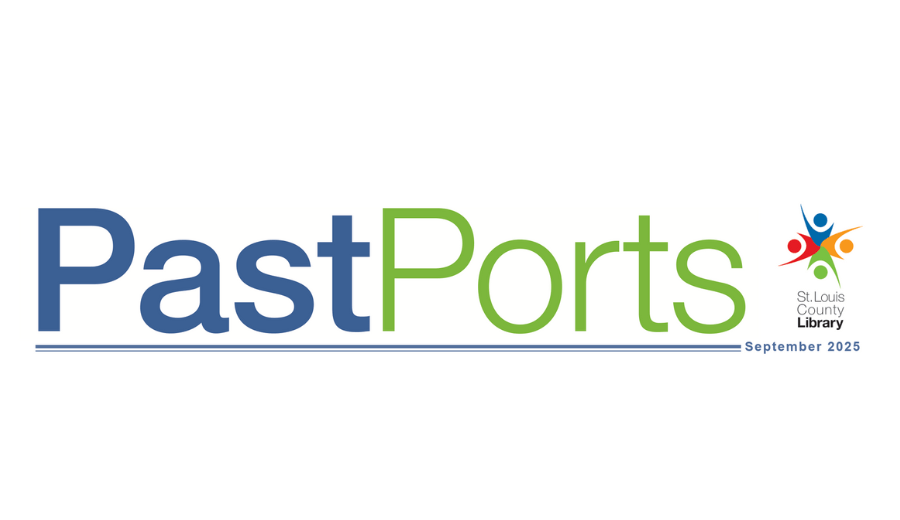
The Emerson History and Genealogy Center at the St. Louis County Library published the latest edition of their newsletter, PastPorts, which features a shout out to Anderson Archival! Click here to read the full newsletter! Ready to make your digital collection accessible, relevant, and impactful? Anderson Archival is ready to help you preserve your legacy! […]
Supporting Digital Access for the St. Louis County Library
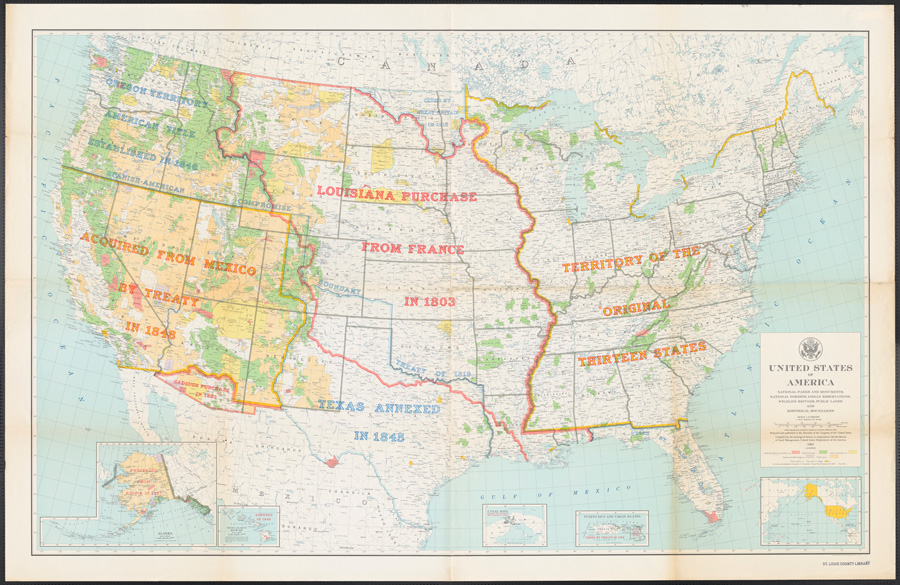
“We’re digitizing our memories, we’re preserving them for future generations, but also connecting the dots and using the historical context to explain things. Not just filling out a chart. We’re more than birth and death and marriage dates. We all live lives.” So says Brent Trout, Department Manager of the History and Genealogy Department of […]
Ways Your Collection Can Bite the Dust

Preserving history is valuable, especially for a company over 100 years old owned by the same family. MLC, formerly known as Mississippi Lime Company, embarked on a journey to safeguard its corporate archives earlier this year. The story begins with MLC’s decision to expand their headquarters office in St. Louis. In the process, they had […]
Archiving Into the Future: Stewardship Beyond the Present

In the world of archival science, the role of the archivist is not merely to preserve the past—it is to anticipate the future. At Anderson Archival, we understand that every decision made today shapes the legacy of tomorrow. The collections we protect, the formats we choose, and the access we enable are all part of […]
Preserving the Irreplaceable: Why Oversized Digitization Matters More Than Ever
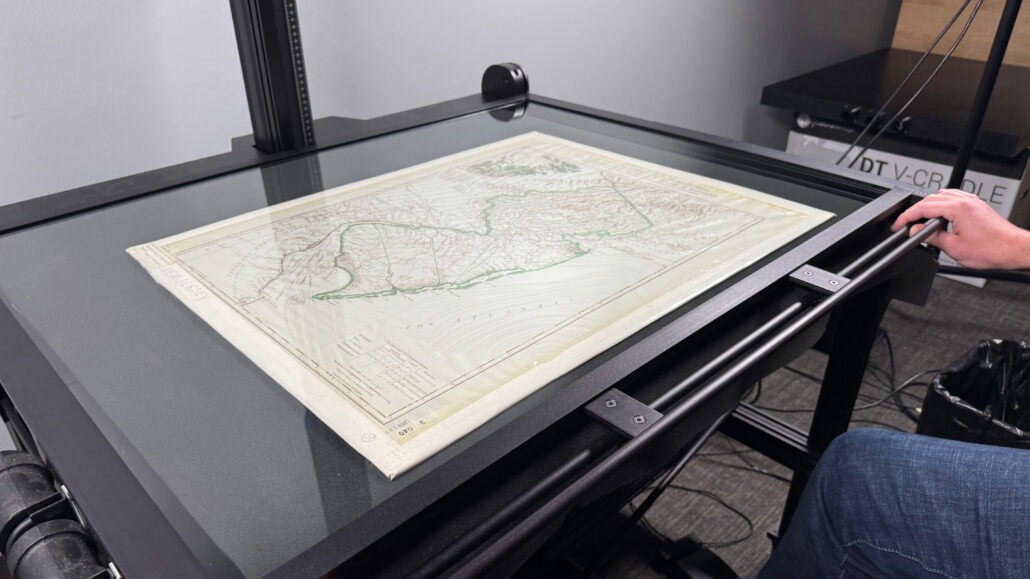
When it comes to digitization, not all documents are created equal. While standard-sized papers and books are relatively easy to scan and archive, oversized materials—like historical maps, architectural drawings, posters, and large-format bound books—present a unique set of challenges. At Anderson Archival, we’ve made it our mission to meet those challenges head-on. What Are Oversized […]
Quotables: The Basics of Enterprise Archival Systems (IT Brew)

Archives Technician Shana Scott was recently interviewed for IT Brew on the topic of enterprise archival systems and DAMs. Click here to read the full article! Ready to make your digital collection accessible, relevant, and impactful? Anderson Archival is ready to help you preserve your legacy! What are Quotables? This is a category in our posts […]
Celebrating Anderson Technologies’ 30 Year Anniversary
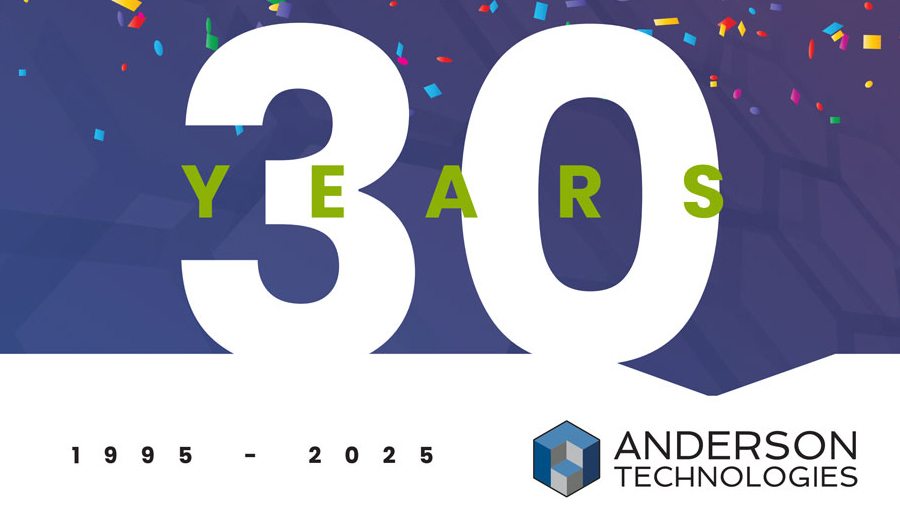
By Managing Principal Farica Chang What does a digitization and legacy preservation company give a technology company for its 30-year anniversary? If you’re Anderson Archival, you give Anderson Technologies its history in book form. Over the last months leading up to this milestone anniversary, the Anderson Archival team worked to gather story data, digitize newly […]
From Hong Kong to St. Louis: A Legacy of Resilience
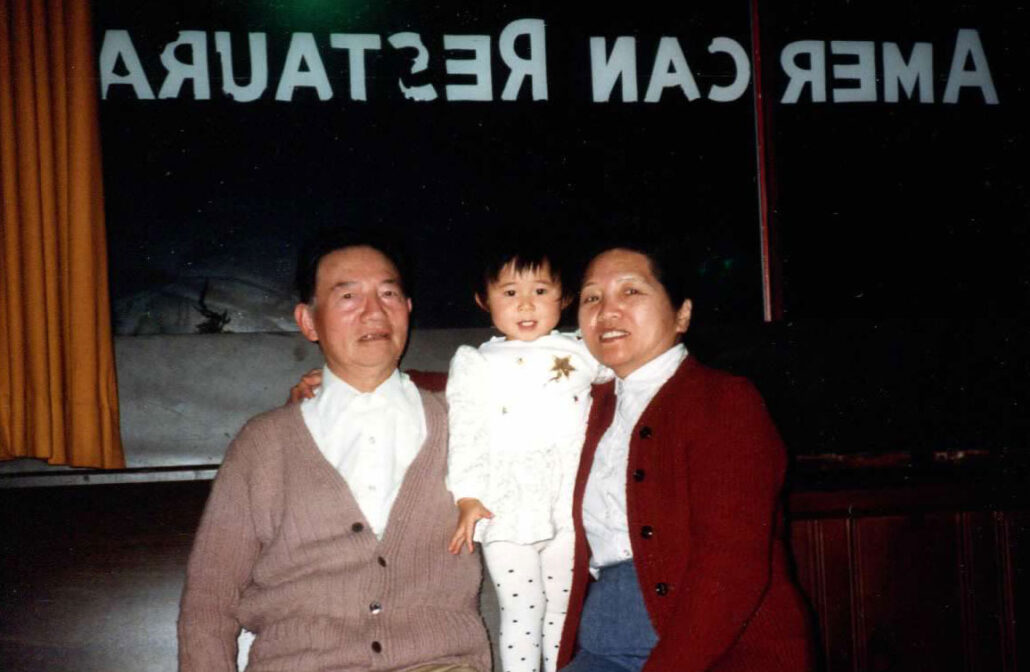
Farica with her grandparents at Chopsticks House, the restaurant they opened in 1971 By Farica Chang, Managing Principal My earliest memories include the clatter of chopsticks and the sound of sizzling wok oil in my grandparents’ Chinese restaurant in Maplewood, St. Louis, MO. There is a hazy visual of red, creaky, stiff vinyl chairs coupled […]
